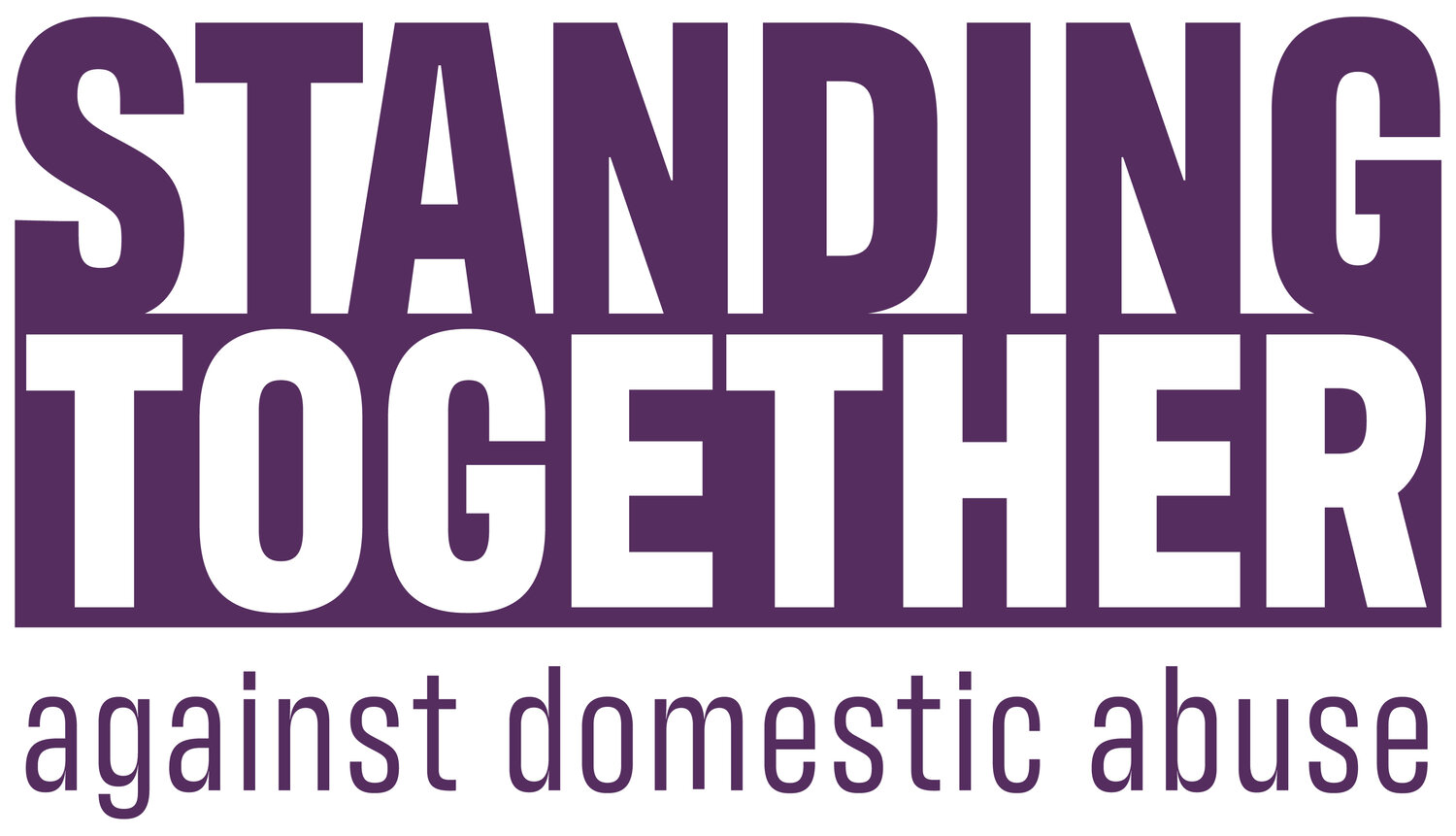Statement—Thousands of Children Left Without Support Amidst Domestic Abuse Service Crisis
Standing Together Against Domestic Abuse (STADA) is deeply saddened by the findings in the Domestic Abuse Commissioner’s new report, which exposes the national failure to provide adequate support for children experiencing domestic abuse. Despite the Domestic Abuse Act 2021 recognising children as victims in their own right, the current system is failing to meet that legal and moral responsibility.
This morning, Jackie Hyland, Executive Director of Health at Standing Together, attended the UK Parliamentary launch of the Domestic Abuse Commissioner’s new report, “Victims in their own right? Babies, children and young people’s experience of domestic abuse.”
We welcome today’s publication of this critical report, which brings long-overdue recognition to the experiences of babies, children, and young people affected by domestic abuse. It not only names them as victims in their own right but rightly calls for stronger cross-departmental leadership, specialist support, and better integration of domestic abuse responses across public services.
The report reveals that over a quarter (27%) of domestic abuse services surveyed in England and Wales have had to turn children away, while more than half (51%) have placed children on waiting lists due to severe funding shortages and soaring demand. In some cases, children are left in unsafe situations without the risks to them fully assessed, lacking access to vital therapeutic and practical support.
Drawing on responses from over 260 specialist services and 168 statutory agencies, the report highlights the immense financial pressures faced by those delivering essential support. Alarmingly, over half (56%) of services surveyed have faced funding cuts in the last five years, and 29% have been forced to stop offering dedicated children’s services altogether.
This is a crisis with devastating consequences. For children affected by domestic abuse, specialist services offer more than support — they offer stability, safety, and a pathway to recovery. Without them, children risk long-term harm to their mental and physical health, repeated disruptions to their education, and the loss of homes, pets, friends, and a sense of belonging.
Statutory services such as education, social care, and health lack the training and capacity to respond adequately, placing even more pressure on already-stretched domestic abuse services to fill the gaps.
The report reinforces the need for a Coordinated Community Response (CCR) — a multi-agency model that enables a whole-system response to domestic abuse. Founded by STADA, the CCR model shifts responsibility for safety away from individual victims and survivors and toward the community and the services designed to protect them. This approach is critical to ensuring children are kept safe — not let down by fragmented or inconsistent responses to abuse they do not choose to suffer.
The report also rightly emphasises children and young people’s experiences. Domestic abuse is an Adverse Childhood Experience (ACE) that can profoundly affect health, development, and wellbeing. Nearly half of all serious incident reviews between 2023–2024 involved domestic abuse. Children subjected to abuse often describe feelings of fear, isolation, and being unheard. Mental health impacts are particularly significant — almost half of CAMHS (Child and Adolescent Mental Health Services) patients report exposure to domestic or child abuse. Recognising and responding to these harms is essential, and it must be grounded in services that are trauma-informed, child-centred, and properly resourced.
STADA urges government action that aligns with the Coordinated Community Response (CCR) and a Whole Health Approach to Domestic Abuse — one that recognises the intersection of domestic abuse and health, ensuring early identification, prevention, and coordinated interventions for child victims. STADA calls for:
• Investment in specialist domestic abuse services embedded in health settings
• Mandated participation of relevant health professionals in Domestic Abuse Partnership Boards and MARAC (Multi-Agency Risk Assessment Conference).
• Improved prevalence data on children impacted by domestic abuse
• Mandatory training on domestic abuse for all frontline professionals working with children
• Strategic leadership and stronger cross-departmental working, coordinated centrally across government
• Safeguarding practices that are informed by domestic abuse specialists
• A public health approach that ensures child victims are visible, supported, and safe
• A dedicated cross-government response to ensure the accountability and delivery of these recommendations
Jackie, who attended the launch of the report in Parliament this morning, shared:
“It was hugely impactful to hear the voices of the young people that have contributed to this work — young people who are being given the opportunity to speak to Nicole, their safe adult, about what they need. This framework gives practitioners a structure to respond meaningfully. I really applaud the Domestic Abuse Commissioner’s Office for this report and the space they have created for these experiences to be heard.”
- Jackie Hyland, Executive Director of Health, Standing Together
As the government prepares for its upcoming Spending Review, Standing Together joins the Commissioner in urging ministers to seize this opportunity to protect children’s futures. The current crisis is a clear signal: investing in children’s safety and recovery must start now.
Read the full report: dac_bcyp_executive-summary_FINAL-WEB-3.pdf
